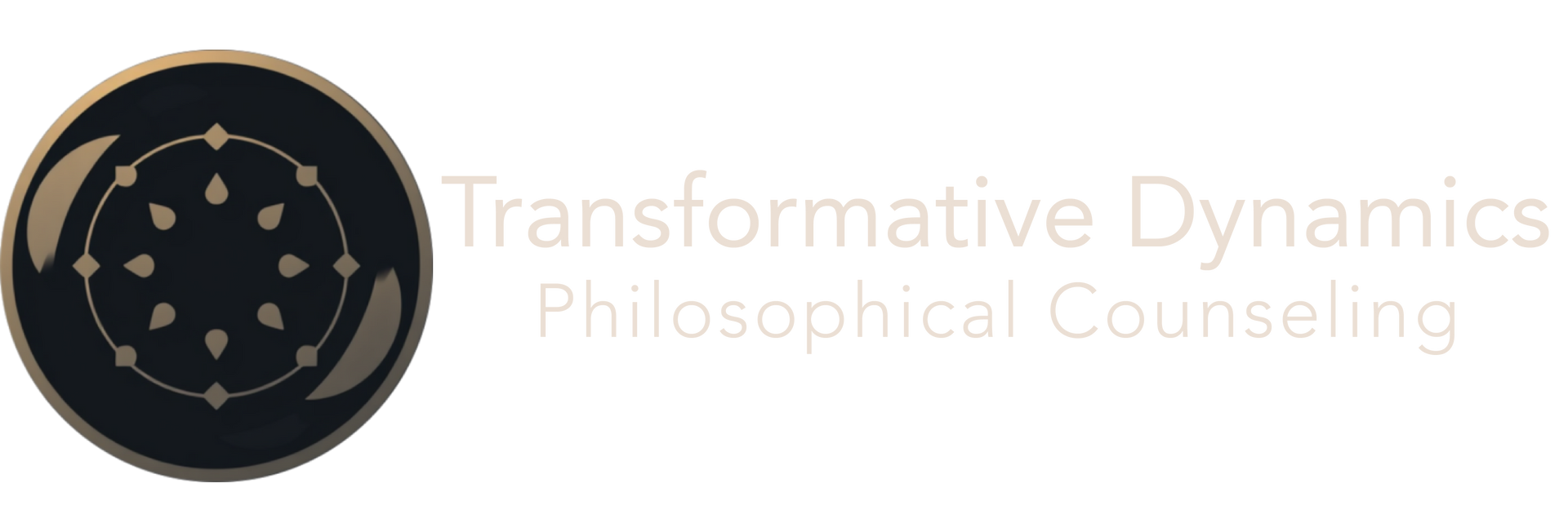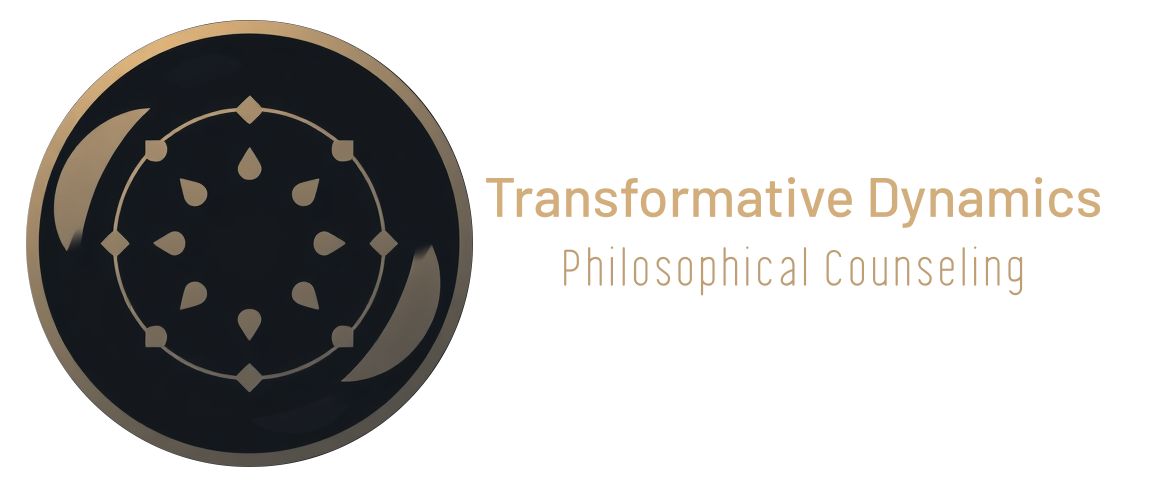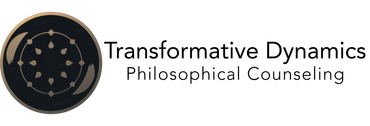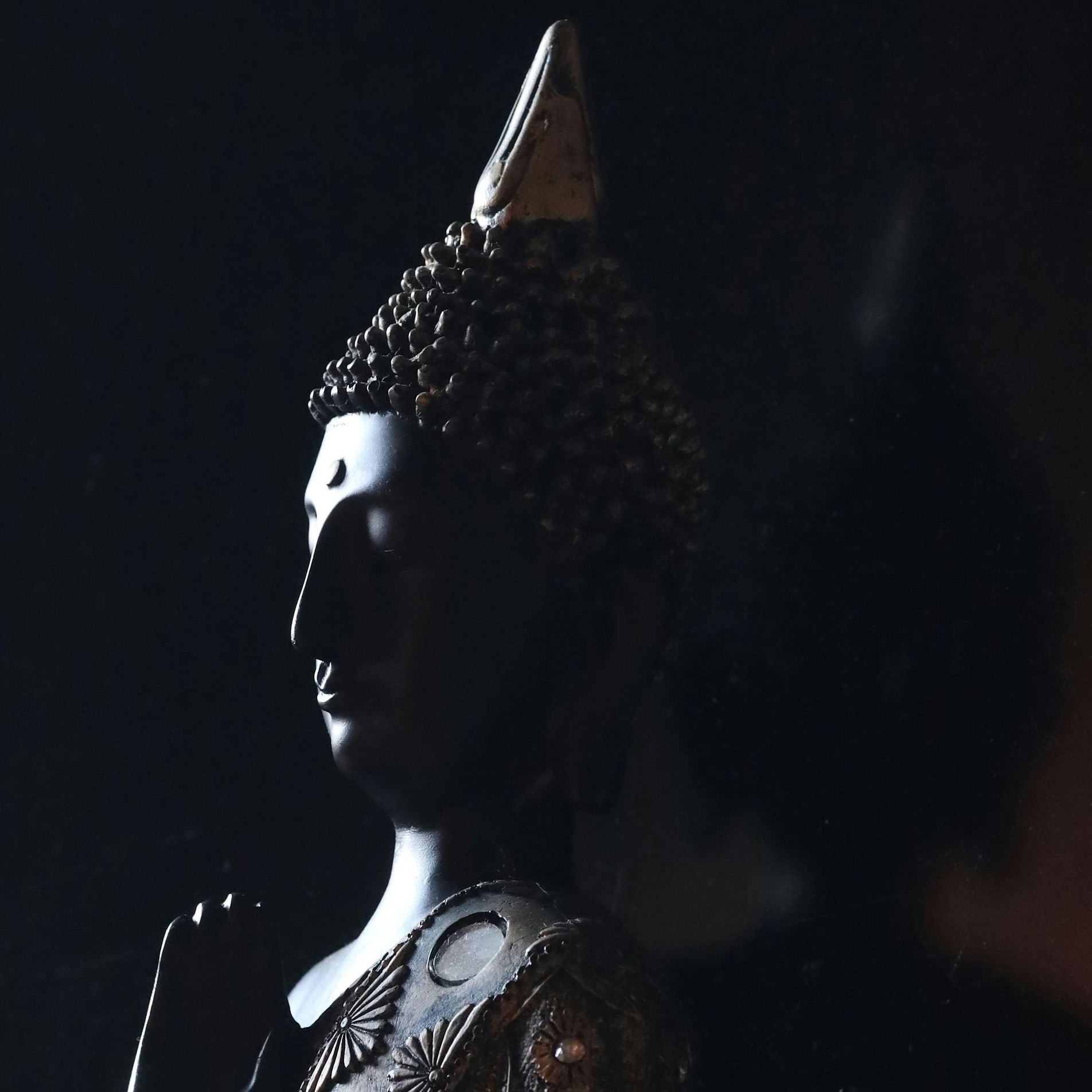Philosophical Counseling
and Consulting
TRANSFORMATIVE
DYNAMICS
Philosophical Counseling with an Individualized Approach
Welcome
Philosophy isn’t something we learn, it’s something we do. It’s a way of asking questions and understanding ourselves so that we may understand our own place and responsibility in, to, and for the world and others in it.
Philosophy is a transformative practice that helps us to center and work through questions of meaning, empowerment, and compassion.
My hope as a philosophical practitioner is to inspire each client to move just beyond themselves, allowing each to examine their core beliefs, values, and patterns of behavior to align with their best and highest selves.
Through a collaborative process of self-examination, my goal is to match clients with philosophical worldviews which both resonate with and challenge their core values and belief systems, so that they may create a living, practical philosophy of their own that helps them curate and follow their own paths forward.

- Certified -
WHAT CAN I HELP YOU WITH?
Awakening Awareness
Clearly seeing yourself and your relationships. What stories are you telling yourself that may be limiting yourself?
Establishing Mindfulness
Being present in the moment leads to a clearer vision of where you are, and where you want to be.
Inspiring Empowerment
Understanding your strengths and how power flows in and out of your life, facilitating your own self-worth.
Cultivating Spirituality
What gives you a sense of awe and wonder in the world? How can you follow those paths to a higher self?
Discovering Purpose
What are you here to do? What are the defining aspects of yourself that guide you through your life?
Maintaining Boundaries
How do you keep yourself healthy and safe within your relationships? What is your ideal work/life balance?
Initiating Innovation & Creativity
What steps can you take to open spaces of creativity in your life to work through challenges that have held you back?
Fostering Motivation
How can you balance ambition with self-care to sustain a steady path to your goals?
WHAT CAN I HELP YOU WITH?
Awakening Awareness
Clearly seeing yourself and your relationships. What stories are you telling yourself that may be limiting yourself?
Establishing Mindfulness
Being present in the moment leads to a clearer vision of where you are, and where you want to be.
Inspiring Empowerment
Understanding your strengths and how power flows in and out of your life, facilitating your own self-worth.
Cultivating Spirituality
What gives you a sense of awe and wonder in the world? How can you follow those paths to a higher self?
Discovering Purpose
What are you here to do? What are the defining aspects of yourself that guide you through your life?
Maintaining Boundaries
How do you keep yourself healthy and safe within your relationships? What is your ideal work/life balance?
Initiating Innovation & Creativity
What steps can you take to open spaces of creativity in your life to work through challenges that have held you back?
Fostering Motivation
How can you balance ambition with self-care to sustain a steady path to your goals?
AM I A GOOD CANDIDATE FOR PHILOSOPHICAL COUNSELING?
-
Professional Needing A Boost
You may be just starting out and not quite sure how to align your values with the job or career path you’re on, or you may be mid-career, or have achieved all that you wanted to achieve in your specific job or career path and are now feeling somewhat aimless, or that there should be “more” to it than this.
-
The Enthusiast Looking For More
I don’t think anyone thinks at a young age that they’re going to “grow up to be a philosopher.” Even as late as graduate school, I never thought of myself as a philosopher; but I did always think of myself as a teacher and an educator; as someone who was able to guide people through difficult problems and/or subject matter that they themselves didn’t think they had any business understanding. If you're reading philosophy but still having some challenges in applying it to your day-to-day life, I can help.
Read my latest blog posts

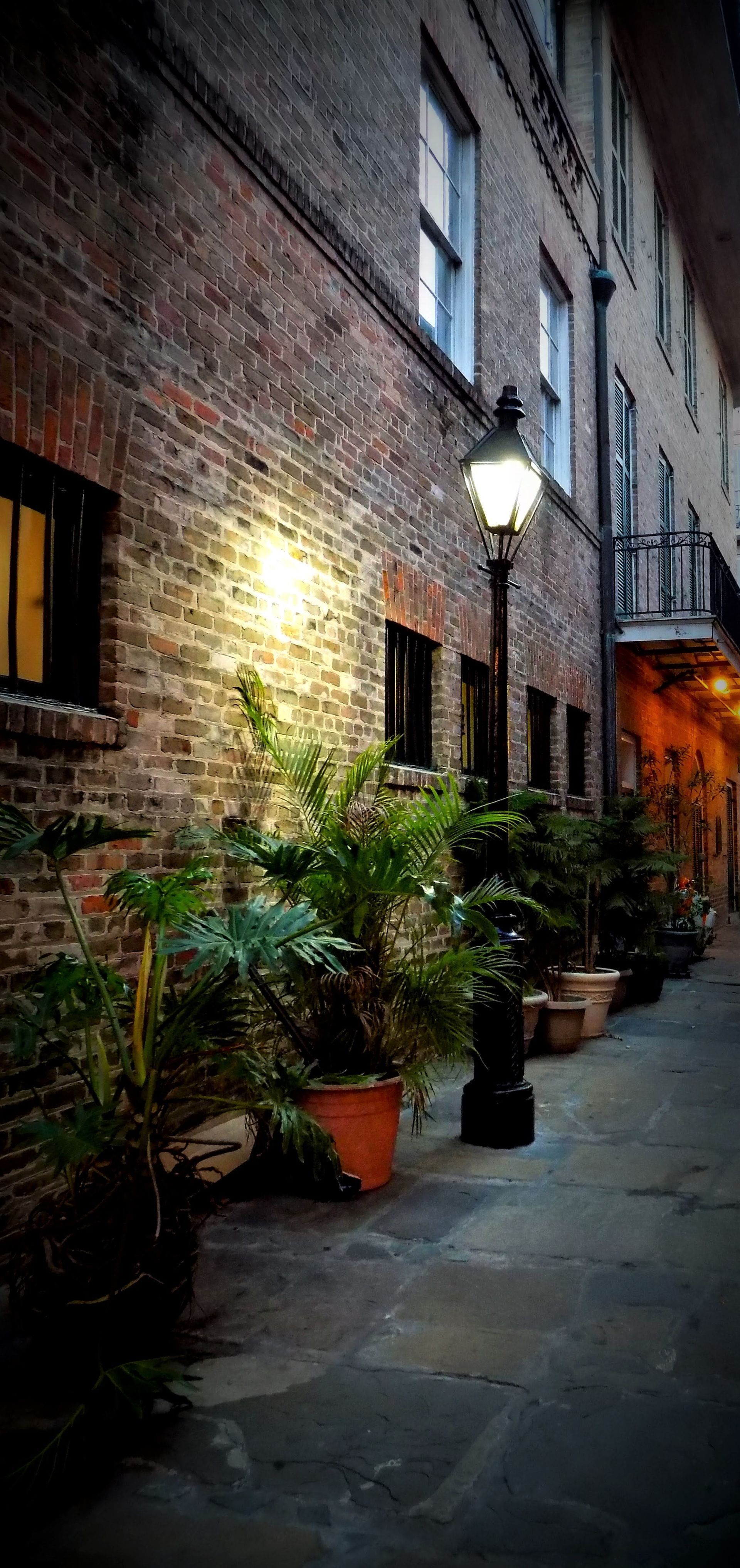

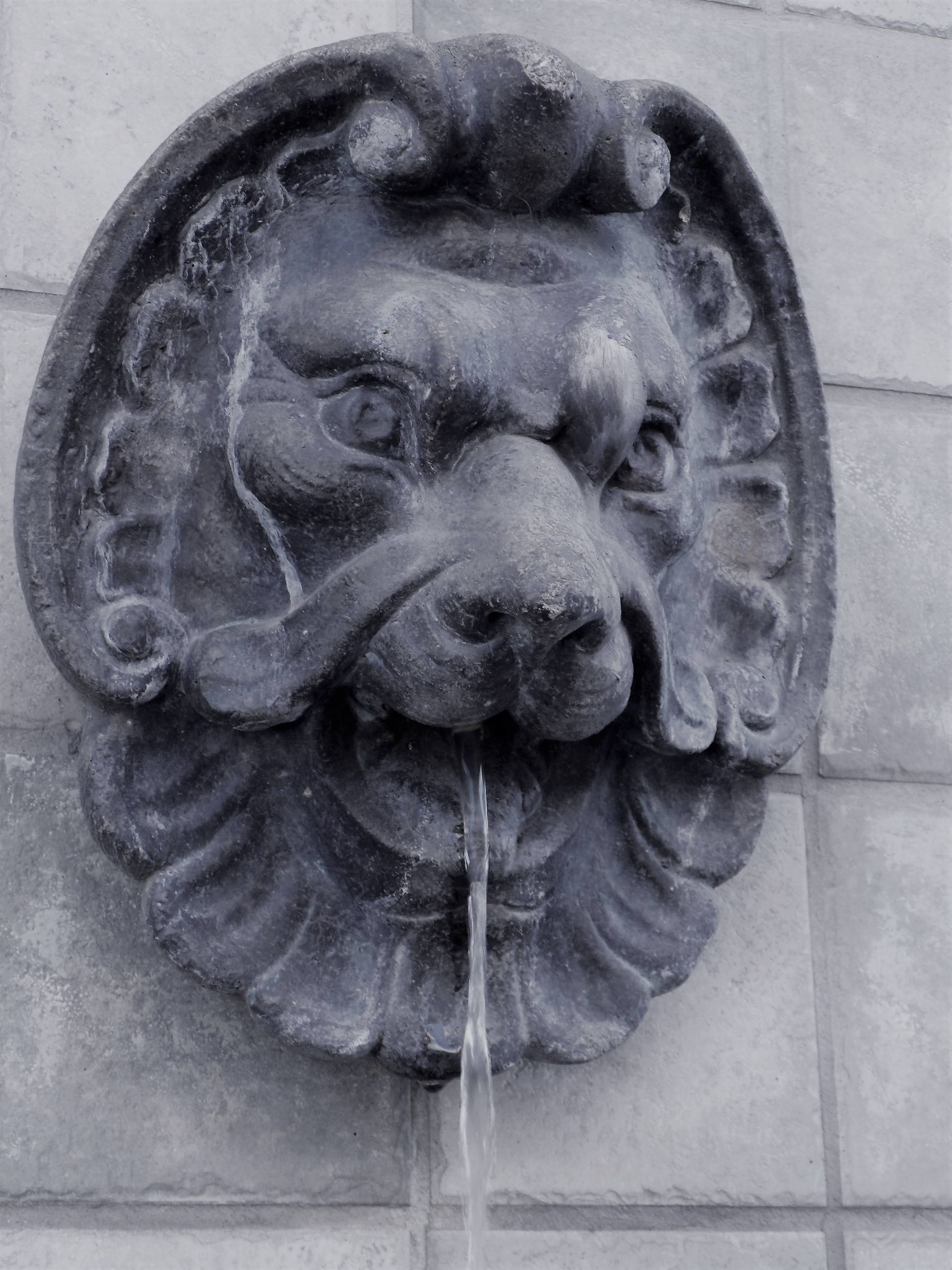
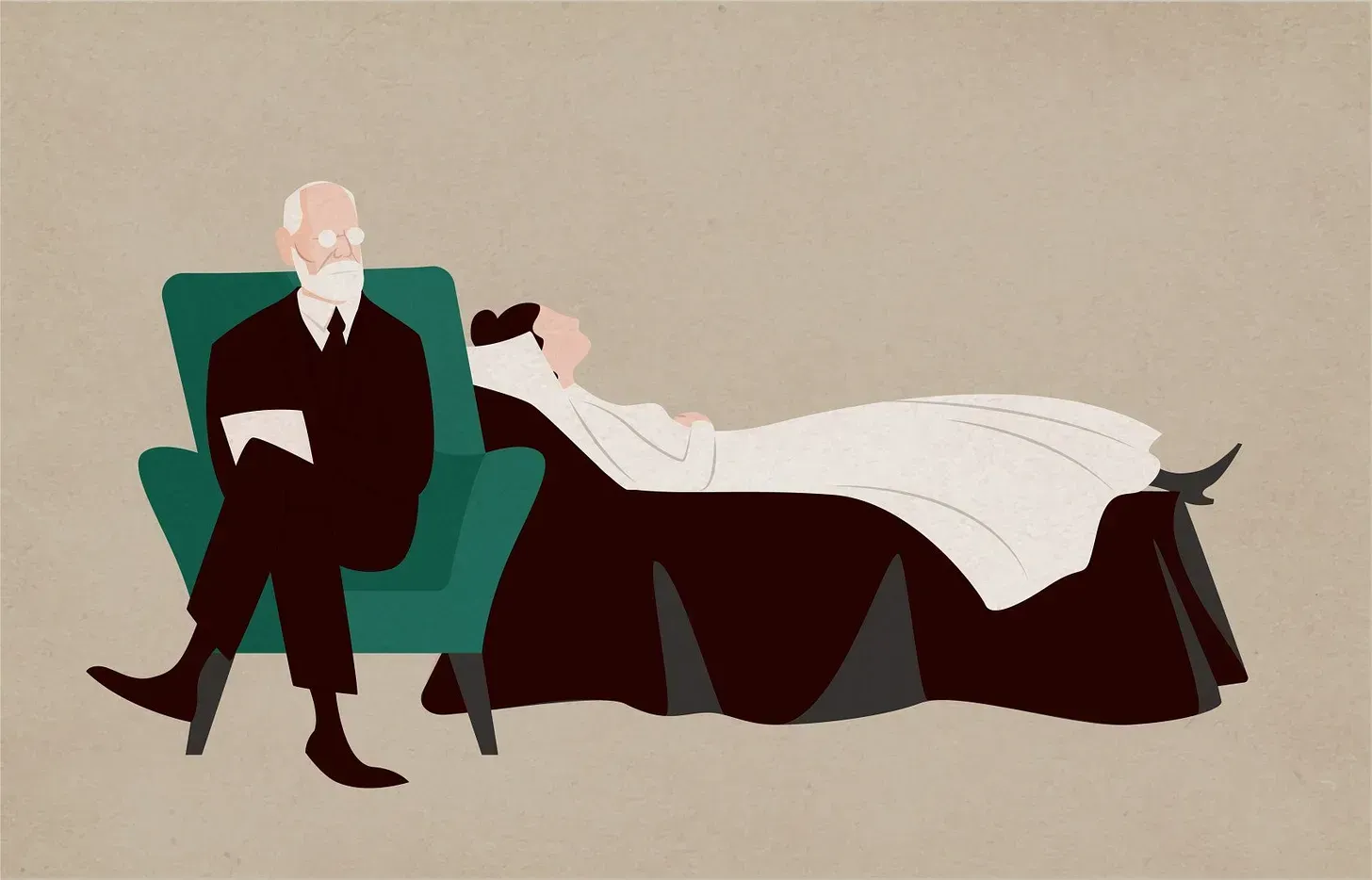
Education
Specialize in crafting engaging curriculum development for sexual education that promotes inclusivity and understanding

Feeling Aimless?
Feeling somewhat aimless in your career and/or relationships?
Lost the passion for what you do, or for the things that used to give you a sense of meaning?
Hired therapists, career coaches, professional trainers, yet still can’t find happiness or balance?

Feeling ineffective?
Struggling with how to be a good person in a world that seems nasty, mean, and destined to destroy itself?
Asking yourself how you can matter in the world, and how you can help?
Taken care of yourself physically and psychologically, but still experiencing an amorphous feeling of dissatisfaction?
Asking the big questions?
Not just wondering about what the meaning of life is, but wondering what the meaning of YOUR life is?
Questioning your faith, identity, sexuality, ethical compass?
Time to get some answers, or at least figure out how to ask the right questions.
Schedule your initial consult today!
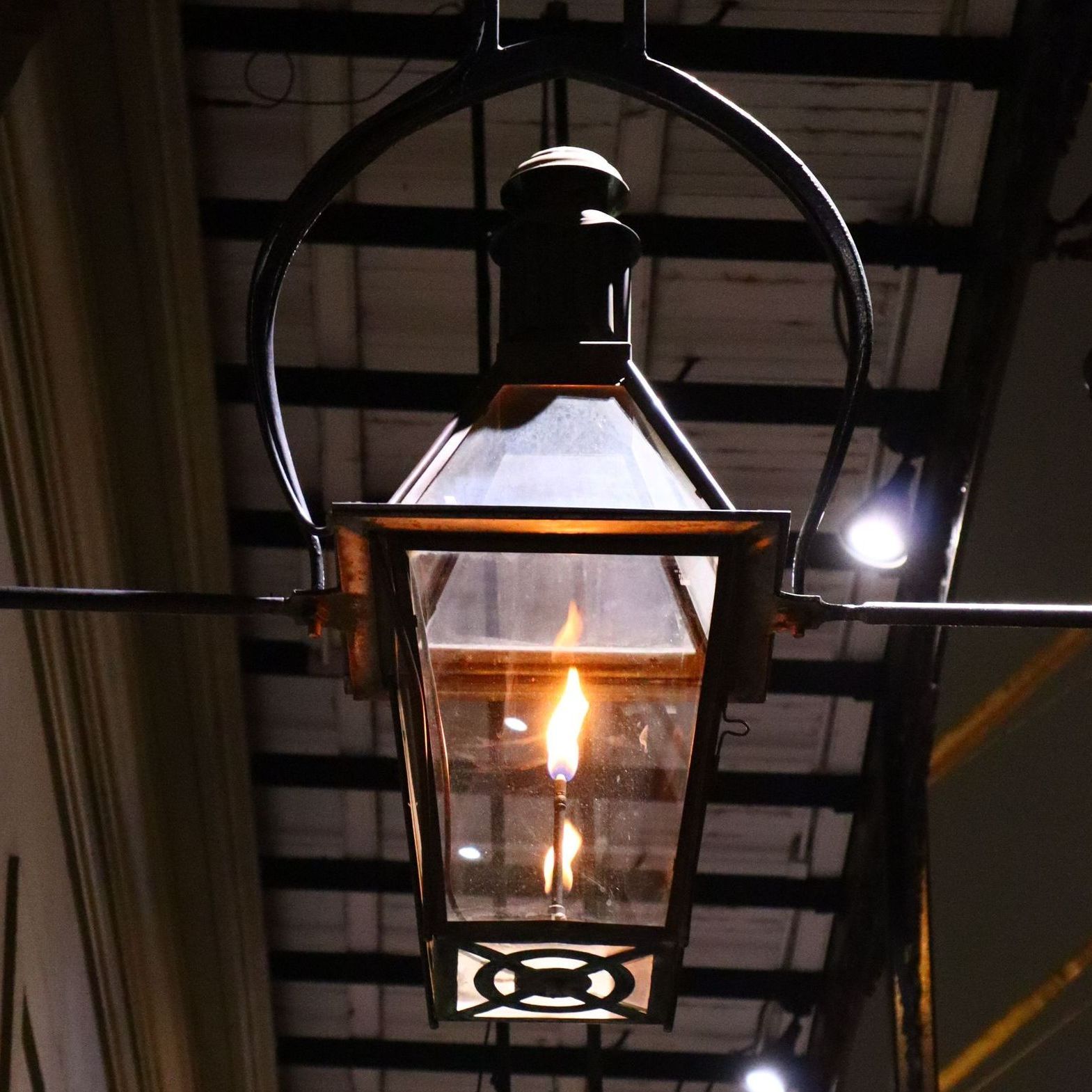
I AM A:
Professional needing a boost:
You may be just starting out and not quite sure how to align your values with the job or career path you’re on, or you may be mid-career, or have achieved all that you wanted to achieve in your specific job or career path and are now feeling somewhat aimless, or that there should be “more” to it than this. I’ve been there myself. I started out as a part-time, adjunct instructor teaching any and all classes that I could, regardless of whether or not they were in my field or even my discipline (seriously, I once taught poetry-writing 101 to freshman); and I eventually made my way up the academic ladder to a tenure-track job, creating a philosophy program from scratch and becoming its Director, then gaining tenure, and finally becoming a Full professor and Faculty Trustee. The path forward was laid out for me, but I jumped off because it no longer ignited that fire in me; and because the politics and bureaucracy of it was getting in the way. I was doing a job that I THOUGHT was my passion, but it turns our that my passion wasn’t the job, it was what the job allowed me to do -- or so I thought.
The Enthusiast looking for more:
I don’t think anyone thinks at a young age that they’re going to “grow up to be a philosopher.” Even as late as graduate school, I never thought of myself as a philosopher; but I did always think of myself as a teacher and an educator; as someone who was able to guide people through difficult problems and/or subject matter that they themselves didn’t think they had any business understanding.
Consulting
Empowering professionals across various fields—healthcare, education, small business, parks and recreation, and more—to create inclusive environments that embrace gender diversity.


